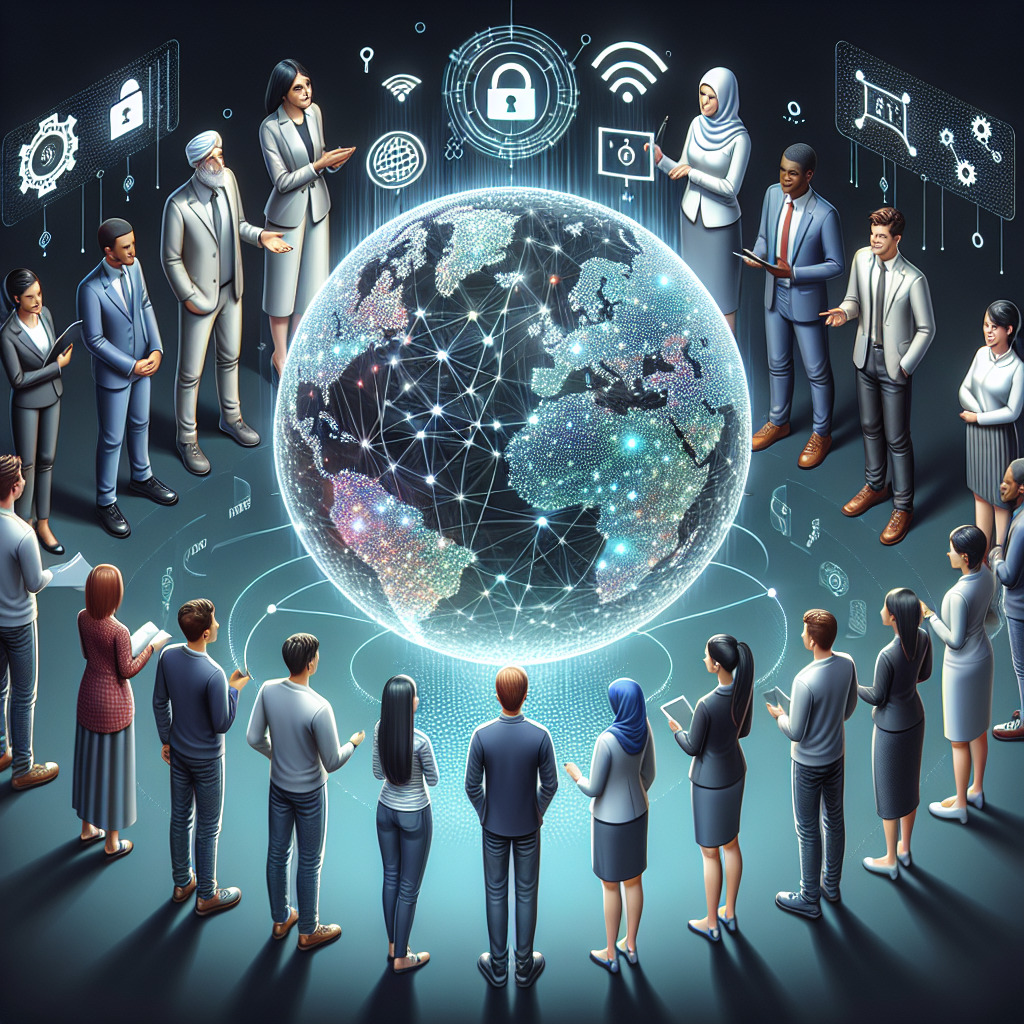The democratization of artificial intelligence (AI) has brought about numerous advancements in technology and has the potential to revolutionize various industries. However, with these advancements come implications for privacy and security that must be carefully considered.
AI technology is becoming more accessible to individuals and small businesses, leading to a democratization of AI that was once only available to large corporations and research institutions. This democratization has allowed for the development of new applications and services that utilize AI, such as chatbots, recommendation systems, and image recognition software.
While the democratization of AI has many benefits, it also raises concerns about privacy and security. As AI technology becomes more widespread, there is an increased risk of data breaches and unauthorized access to sensitive information. Additionally, the use of AI in decision-making processes can lead to biases and discrimination if not carefully monitored and regulated.
One of the main privacy concerns with AI is the collection and storage of personal data. AI systems rely on large amounts of data to learn and make predictions, which can include sensitive information about individuals. If this data is not properly protected, it can be vulnerable to cyberattacks and misuse.
Another privacy concern is the potential for AI systems to infringe on individuals’ rights to privacy. For example, facial recognition technology can be used to track and monitor individuals without their consent, raising concerns about surveillance and the right to anonymity in public spaces.
In terms of security, the democratization of AI poses new challenges for protecting data and systems from cyber threats. AI systems can be vulnerable to attacks that exploit their algorithms and data inputs, leading to potential breaches and data leaks. Additionally, the use of AI in critical infrastructure, such as healthcare and finance, raises concerns about the potential for malicious actors to manipulate AI systems for their own gain.
To address these privacy and security concerns, it is important for organizations and policymakers to establish clear guidelines and regulations for the use of AI technology. This includes implementing robust data protection measures, such as encryption and access controls, to safeguard sensitive information.
Additionally, organizations should conduct regular audits and assessments of their AI systems to identify and mitigate potential security vulnerabilities. This includes testing the robustness of AI algorithms and ensuring that data inputs are accurate and reliable.
In terms of privacy, organizations should be transparent about how they collect, store, and use personal data in their AI systems. This includes obtaining informed consent from individuals before collecting their data and providing clear information about how it will be used.
Furthermore, organizations should implement privacy-enhancing technologies, such as differential privacy and federated learning, to protect individuals’ privacy while still allowing for the development of AI models.
Overall, the democratization of AI has the potential to drive innovation and improve efficiency in various industries. However, it is important to carefully consider the implications for privacy and security and take proactive measures to mitigate risks and protect individuals’ rights.
FAQs:
Q: How can organizations protect sensitive data when using AI technology?
A: Organizations can protect sensitive data by implementing robust data protection measures, such as encryption, access controls, and regular audits of AI systems.
Q: What are some examples of privacy-enhancing technologies that can be used with AI?
A: Examples of privacy-enhancing technologies include differential privacy, federated learning, and homomorphic encryption.
Q: How can individuals protect their privacy when interacting with AI systems?
A: Individuals can protect their privacy by being cautious about the information they share with AI systems, reading privacy policies carefully, and exercising their rights to data protection under regulations such as the General Data Protection Regulation (GDPR).
Q: What are some potential risks of AI systems in terms of security?
A: Potential risks of AI systems in terms of security include data breaches, cyberattacks, and the manipulation of AI algorithms for malicious purposes. Organizations should implement robust security measures to mitigate these risks.

